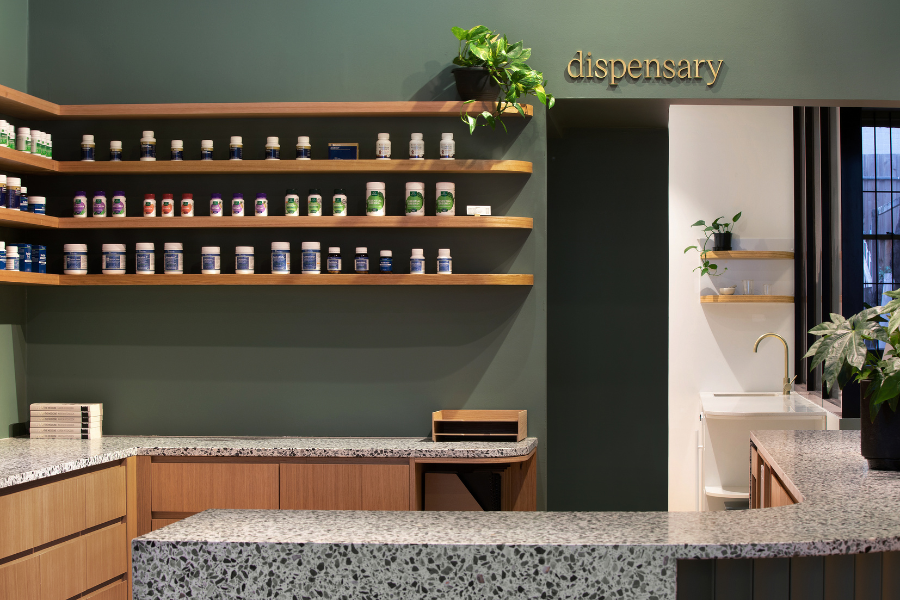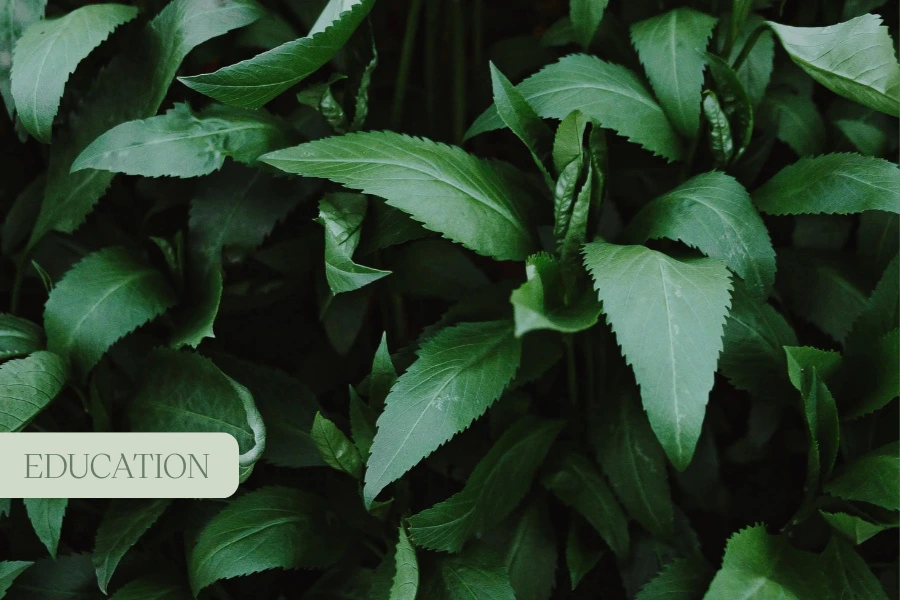Cancer is a significant health challenge worldwide and profoundly affects the Australian community.
Each type of cancer presents unique challenges, necessitating tailored treatment and care approaches. Living with cancer requires immense strength and resilience. The journey is often arduous, and the support of friends, family, workplaces, and the wider community becomes invaluable.
This blog explores the impact of cancer in Australia, listing the ten most common types of cancer and the importance of recognising symptoms early. We also delve into the essential role of comprehensive support services in managing the challenges of a cancer diagnosis and treatment.
By understanding the diverse aspects of cancer care, we can better support those affected and promote awareness about the importance of informed, compassionate care.
At Astrid, we aim to support our patients with their wellness and medical needs everyday. We’re a team of pharmacists, doctors, nurses and technicians passionate about what cannabinoids and natural medicines can do for our health.

What is Cancer’s Impact in Australia?
Cancer significantly affects many lives around the world and within the Australian community. Cancer is the second-leading cause of death worldwide. In Australia, there were an estimated 160,000 diagnoses of cancer in 2022 – an estimated 0.5% of the population.
Each type of cancer presents its unique challenges and requires a tailored approach to treatment and care.
Ten of the most common types of cancer in Australia – with the top five cancers accounting for 60% of all cancers in Australia:
- Prostate Cancer
- Breast Cancer
- Melanoma of the Skin
- Colorectal Cancer
- Lung Cancer
- Non-Hodgkin Lymphoma
- Kidney Cancer
- Pancreatic Cancer
- Thyroid Cancer
- Uterine Cancer
Living with cancer requires immense strength and resilience. The journey is often arduous, and the support of friends, family, workplaces, and the wider community becomes invaluable. For anyone concerned about their health or that of someone close to them, seeking advice from healthcare professionals is strongly advised. Recognising symptoms early and receiving informed care are essential steps in effectively managing the challenges of this journey.
What is the Role of Natural Therapists in Cancer Treatment?
In the realm of cancer treatment and care, natural therapies and cannabidiol (CBD) have emerged as a beacon of hope.
Ongoing research highlights the role of cannabis in symptom relief, making it an essential component in the broader conversation about cancer treatment and care.
As we take a moment to reflect on cancer awareness, it’s important to educate the public, healthcare professionals, and policymakers about the nuanced aspects of medicines in the context of cancer support. Alongside discussions on natural therapies, it’s also essential to underscore the importance of comprehensive support services for cancer patients.
Bodies are equipped with several intricate systems that are essential for regulating health and everyday functions. Among these systems is the endocannabinoid system (ECS), a vital system that plays a key role in maintaining homeostasis, or balance, within the body. The ECS is important as it has a wide ranging influence over various aspects of our well-being, including mood, memory, inflammation, hormone regulation, as well as appetite and metabolism.
The ECS system functions through endocannabinoids, which are naturally produced by the body. These endocannabinoids travel between cells, binding to cannabinoid receptors located in cell membranes. This interaction between endocannabinoids and receptors triggers various physiological responses, contributing to the body’s overall balance and health.
In relation to the ECS, CBD (cannabidiol) emerges as a significant compound. It is one of the most prevalent cannabinoids found in the cannabis plant, alongside Tetrahydrocannabinol (THC), which is known for its psychoactive properties. Unlike THC, CBD is non-psychoactive. Its interaction with the ECS, though not direct, influences the system in a way that may enhance the body’s use of its own endocannabinoids. This unique way that CBD interacts with the ECS has made people interested in its ability to help with symptoms of different health issues, including cancer.
CBD may play a role in improving quality of life for patients, and especially for patients with cancer, as CBD can help with:
- Symptom relief: CBD may help manage common side effects of cancer treatment, such as nausea and vomiting.
- Pain management: CBD’s potential anti-inflammatory properties may help to alleviate cancer-related symptoms or pain and reduce reliance on opioids.
- Improved sleep: Disrupted sleep is common among cancer patients. CBD’s calming effects may promote better sleep quality.
- Mental health support: The psychological stress of a cancer diagnosis can be overwhelming so CBD’s potential to ease anxiety and depression in some people may offer valuable support.
Definitive research is still emerging but there is growing recognition of cannabis and CBD’s potential in cancer management and treatments.
Australia has been a leader in some of the recent CBD research.
- A study in Sydney found that oral THC:CBD could improve life quality for chemotherapy patients by reducing nausea and vomiting (in comparison to standard nausea medications), with manageable side effects like sedation and dizziness. And the US Food and Drug Administration (FDA) has approved cannabinoid drugs for chemotherapy patients who don’t respond to standard anti-nausea medications.
- More recent research also indicates that modified forms of medicinal cannabis (with low THC content) can potentially target cancer cells without harming normal cells.
Can a Healthy Lifestyle Help Prevent Cancer?
When managing cancer, it’s important for patients to identify treatment options that align with their needs and accessibility to them.
Maintaining a healthy lifestyle is important for good wellbeing and illness prevention – and what a healthy lifestyle is can be different for different people.
More than 40% of cancer-related deaths could be prevented through decreasing risks such as smoking, drinking alcohol, having a poor diet and lack of physical activity.
At Astrid, we value considering each patient individually as each one of us is unique and we all have different endocannabinoid systems. We want to empower our patients to reach their full potential and we are looking forward to seeing more innovative treatments with cannabinoids offer new hope to those battling cancer.
By promoting awareness about Astrid’s resources and support networks, we aim to contribute a more holistic understanding of the challenges associated with cancer, emphasising the need for both medical innovation and compassionate care.
If you have questions about natural therapies, contact the Astrid team.
